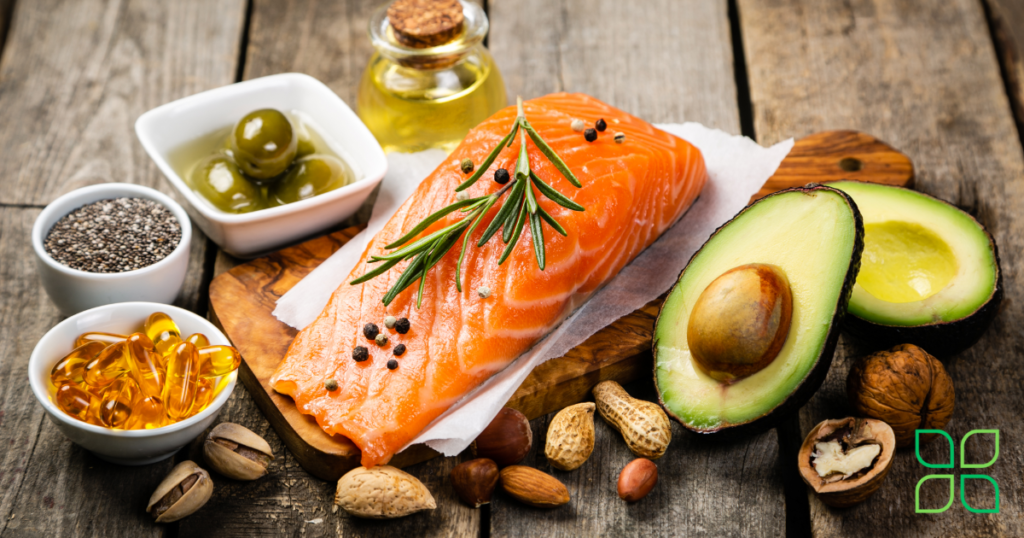How Carotenoids Can Help Improve Your Health
In the quest for better health and longevity, many turn their attention to vitamins and minerals, often overlooking a powerful group of nutrients known as carotenoids. These naturally occurring pigments are found in a variety of fruits and vegetables, providing not only vibrant colors but also a plethora of health benefits. In this comprehensive guide, we’ll explore how carotenoids can enhance your health, backed by scientific research and practical tips for incorporating them into your diet.

What Are Carotenoids?
Carotenoids are a class of more than 600 naturally occurring pigments synthesized by plants, algae, and photosynthetic bacteria. They are responsible for the bright red, yellow, and orange hues in many fruits and vegetables. There are two primary types of carotenoids:
- Carotenes: These are purely hydrocarbons and include beta-carotene, alpha-carotene, and lycopene.
- Xanthophylls: These contain oxygen and include lutein, zeaxanthin, and astaxanthin.
Carotenoids are important for human health, primarily due to their antioxidant properties and their role as precursors to vitamin A.
The Health Benefits of Carotenoids
1. Promoting Eye Health
Carotenoids such as lutein and zeaxanthin are highly concentrated in the retina of the eye. Research suggests that these compounds play a crucial role in protecting the eyes from harmful high-energy light waves like ultraviolet rays. According to the American Academy of Ophthalmology, a diet rich in these carotenoids is associated with a reduced risk of age-related macular degeneration (AMD) and cataracts.

2. Boosting Immune Function
Beta-carotene, a precursor of vitamin A, is vital for maintaining a healthy immune system. It enhances the functioning of the immune system by increasing the number of infection-fighting cells, natural killer cells, and helper T-cells. A study published in the National Institute of Health found that individuals with higher beta-carotene intake had a lower risk of developing infectious diseases.
3. Supporting Heart Health
Carotenoids can also benefit heart health. Lycopene, in particular, has been shown to reduce LDL cholesterol and blood pressure. A meta-analysis in the National Institute of Health noted that individuals consuming higher amounts of lycopene had a significantly lower risk of cardiovascular disease.
4. Protecting Skin Health
Carotenoids can help protect the skin from ultraviolet (UV) damage, thus reducing the risk of sunburn and skin cancer. Astaxanthin, known for its powerful antioxidant properties, can improve skin elasticity and reduce signs of aging. The National Institute of Health highlights that dietary carotenoids can enhance the skin’s resilience against environmental damage.

5. Reducing Cancer Risk
Carotenoids have been associated with a lower risk of several types of cancer, including lung, skin, and prostate cancer. Their antioxidant properties help reduce oxidative stress and inflammation, critical factors in cancer development. A study in the American Cancer Society journal found that high dietary intake of carotenoids was linked to a reduced risk of lung cancer in non-smokers.
How to Incorporate Carotenoids into Your Diet
1. Eat a Rainbow of Fruits and Vegetables
The best way to ensure you’re getting a variety of carotenoids is to consume a wide range of colorful fruits and vegetables. Aim to fill your plate with:
- Carrots, sweet potatoes, and pumpkins for beta-carotene.
- Tomatoes and watermelon for lycopene.
- Spinach, kale, and broccoli for lutein and zeaxanthin.
- Red peppers and oranges for alpha-carotene.
2. Pair with Healthy Fats
Carotenoids are fat-soluble, meaning they are best absorbed when consumed with dietary fats. Consider adding healthy fats like olive oil, avocados, or nuts to your meals to enhance carotenoid absorption.

3. Cook to Unlock More Carotenoids
Certain cooking methods can increase the bioavailability of carotenoids. For example, cooking tomatoes increases the levels of available lycopene. Steaming or lightly sautéing vegetables can help break down cell walls, making carotenoids more accessible.
4. Consider Supplements
While it’s best to get carotenoids from whole foods, supplements can be beneficial for those who may have difficulty obtaining enough through diet alone. Consult with a healthcare provider before starting any supplement regimen. HERE is the best multi-carotenoid supplement that we could find.

Conclusion
Carotenoids are a potent group of compounds with significant health benefits, ranging from improved vision and immune function to reduced risks of heart disease and cancer. By incorporating a variety of colorful fruits and vegetables into your diet, you can harness the power of these natural antioxidants. Remember, a balanced diet rich in carotenoids not only supports your overall well-being but also adds delicious flavor and color to your meals. Embrace the vibrant world of carotenoids and take a proactive step towards better health today!
